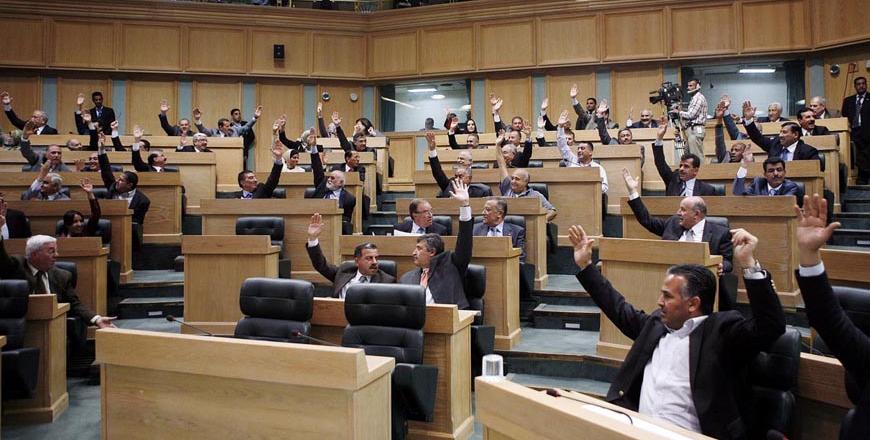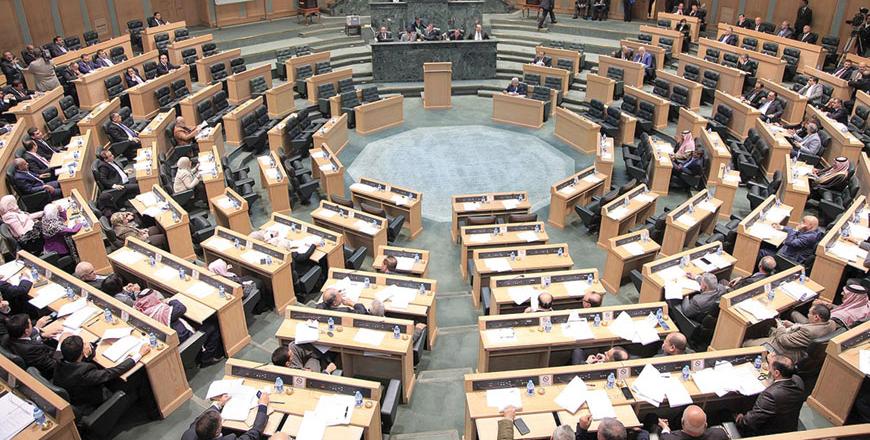You are here
Lawmaker blames senators for constitutional flaw in decentralisation bill
By Raed Omari - Oct 19,2015 - Last updated at Oct 19,2015
AMMAN — A key lawmaker on Monday blamed the Senate for a constitutional flaw in the decentralisation bill that led to a decision by His Majesty King Abdullah to reject the draft law and return it to the House a day earlier.
The King on Sunday referred the reform-oriented legislation back to the Lower House due to its incompatibility with the Constitution, citing the bill’s discord with the Constitutional Court’s interpretation of Article 121 of the Constitution, according to a Royal Court statement.
Head of the Lower House’s Legal Committee Mustafa Amawi said Monday that the panel had noticed the flaw in the bill and sent a question to the Constitutional Court.
“The law, as sent from the government, contained the suspicion of a constitutional mistake,” he told The Jordan Times, adding, “The panel reworded the text even before it received a reply from the Constitutional Court.”
“We sent the decentralisation law to the House which approved our amendments. The Senate rejected the MPs’ changes and insisted on keeping the provision as it was in the original version.”
“The King’s objection was on the same thing we objected to. The Senate is to blame for His Majesty’s refusal to endorse the law.”
In the statement listing the reasons for withholding his endorsement of the draft law, the King cited Paragraph A of Article 6 of the law concerning the establishment of governorate councils as incompatible with the Constitutional Court’s ruling, the Royal Court said.
In its interpretation of Article 121 of the Constitution, the Court issued a ruling stipulating that any units or councils established under a law should be administratively and financially independent from the central government.
As it deliberated the bill, the Senate reworded Paragraph A of Article 6 to read: ”Each governorate shall have a council called ‘governorate council’”, removing from the said provision a previous phrase stating that councils established under the law should enjoy complete financial and administrative independence.
In September, the two Houses of Parliament passed the 20-article decentralisation bill in a joint session after they disagreed twice on this provision and others. As the Constitutional Court’s opinion supported the deputies’ version, the Parliament’s final say was considered unconstitutional.
Related Articles
AMMAN – His Majesty King Abdullah on Sunday referred the 2015 decentralization bill back to the Lower House on grounds of its incompatibilit
AMMAN — The Lower House is scheduled to hold two sessions on Sunday to discuss the draft decentralisation law, and elect the members and cha
AMMAN — The Lower House on Sunday removed the constitutional flaw from the draft decentralisation law, granting governorate councils adminis


















